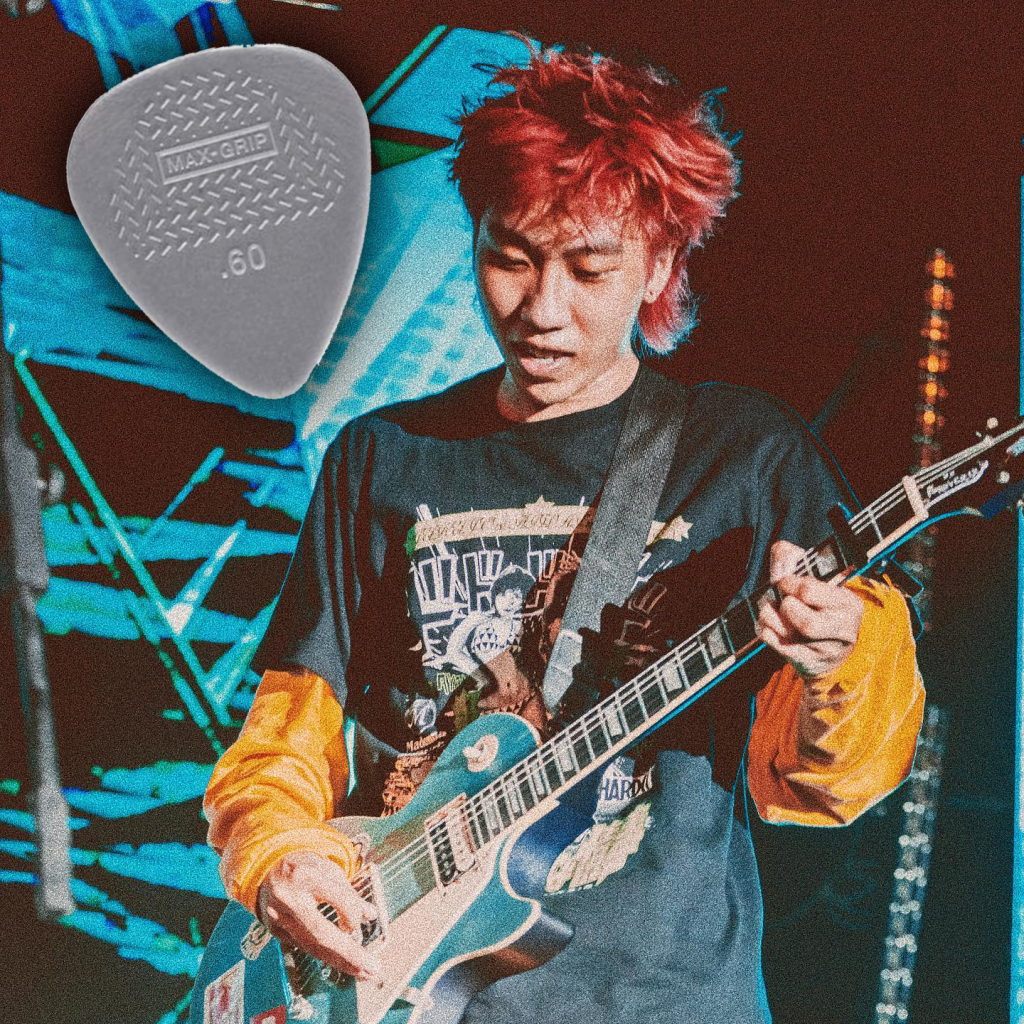Getting started
Choosing your guitar: Classical guitar, Acoustic Guitar, Electric guitar
Types of Guitars:
- Acoustic: Great for beginners, unplugged performance, and a rich, warm sound.
+ Recommended acoustic: Yamaha FS100C, Fender FA-125CE, Taylor 214 CE - Electric: Requires an amplifier, suitable for various genres, and allows for effects and sound manipulation.
+ Recommended electric: Stratocaster SSS, Fender SQ Tele, Epiphone Les Paul - Classical: Nylon strings, wider neck, ideal for classical and fingerstyle music.
+ Recommended classical: Yamaha CGS102A, Vimus V100D, Yamaha C40.
Budget Considerations:
- Entry-level: Affordable, good for beginners.
- Mid-range: Better quality, more durable, better sound.
- High-end: Professional quality, excellent sound, and craftsmanship.
Guitar Fit:
- Size: Ensure it suits your body size and arm length.
- Shape: Choose a shape that feels comfortable while playing.
- Comfort: Check for ease of playability, weight, and balance.
Advanced Techniques
Advanced Techniques
Soloing and Improvisation
- Phrasing: Use techniques like bends, slides, hammer-ons, and pull-offs to create expressive solos.
- Improvisation Tips: Listen to other players, experiment with different scales, and practice with backing tracks.
Advanced Chord Voicings
- Seventh Chords: Add depth to your playing with major 7, minor 7, and dominant 7 chords.
- Extended Chords: Incorporate 9ths, 11ths, and 13ths for richer harmony.
Playing Styles
Fingerstyle: Develop patterns like Travis picking and learn classical pieces.
Blues: Learn the 12-bar blues structure and blues scales for soloing.
Rock: Use power chords and riffs to create rock sounds.
Jazz: Explore complex chords and swing rhythms.
Resources and further learning
Online Resources
- YouTube Channels: Find tutorials, song lessons, and gear reviews.
- Apps: Use tuning apps, chord libraries, and practice tools.
Books and Courses
- Method Books: Follow structured lessons and theory.
- Online Courses: Enroll in interactive lessons for guided learning.
Community and Performance
Music Forums and Groups: Share knowledge and get feedback from other players.
Joining a Band: Find bandmates and practice regularly.
Open Mics and Jams: Gain live experience and build confidence.
The best time to book a flight is on Tuesday or Wednesday. That’s because most people are looking for flights over the weekend, so you can find some great deals if you have patience!
I first learned this trick from my flight attendant friends – and I can now confirm it works amazingly well! I’ve saved thousands of dollars by simply following this one travel hack.

